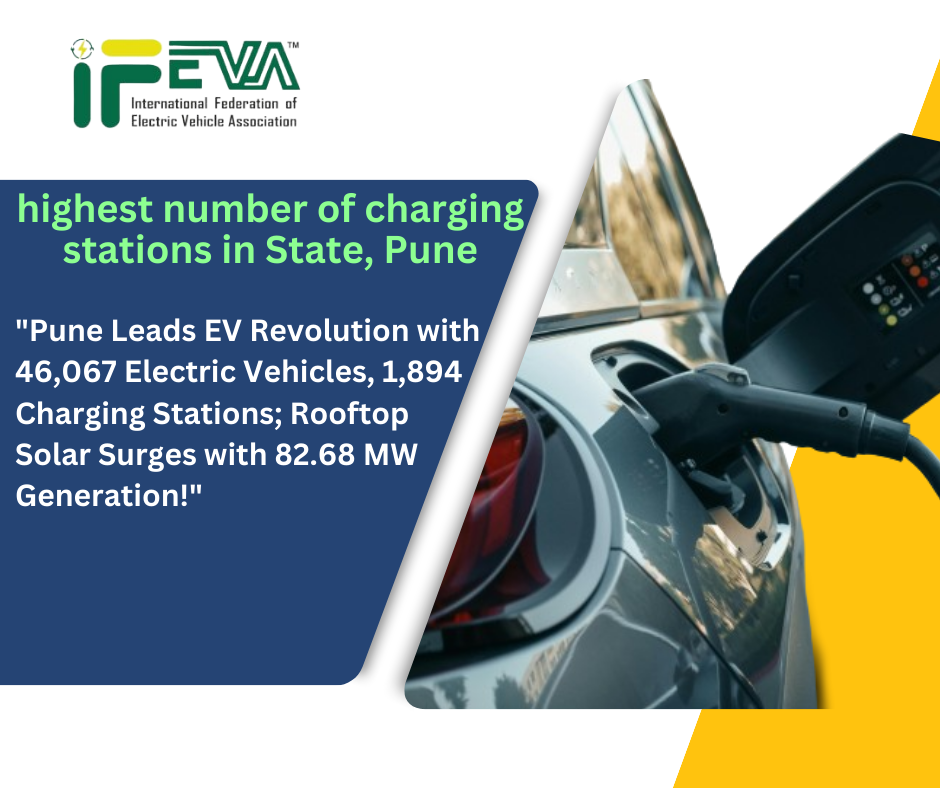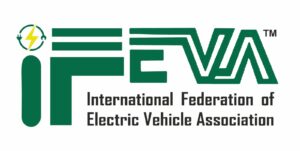
Introduction: The Indian government’s ambitious push towards embracing electric vehicles (EVs) is sparking significant developments in the nation’s EV ecosystem. With a notable surge in EV adoption and an increased focus on charging infrastructure, Pune emerges as a frontrunner in this transformative journey. According to sources within the Maharashtra State Electricity Distribution Company (MSEDCL), the state boasts a total of 3,073 EV charging stations, with Pune district alone hosting 1,894, the highest in the state.
Pune’s Infrastructure Advantage: Pune’s leading position in EV infrastructure can be attributed to its robust connectivity with highways, making it a strategic location for charging stations. The city’s infrastructure development has been further catalyzed by the Maharashtra government’s commitment to strengthening the EV ecosystem. As of January 2022, Mumbai had 413 EV charging stations, Thane had 146, and Nagpur had 108, showcasing Pune’s significant lead.
MSEDCL’s Role: While it is not the primary mandate of the Maharashtra State Electricity Distribution Company to install EV charging stations, officials emphasize their role in providing electricity connections to societies and individuals based on demand. So far, MSEDCL has issued 382 high tension and low tension electricity connections in Pune. The surge in EV adoption aligns with Finance Minister Nirmala Sitharaman’s commitment to boosting the EV ecosystem through support for manufacturing and charging infrastructure.
EV Adoption Surge: Pune has witnessed an impressive surge in EV adoption, with the number of EVs on the road skyrocketing from around 15,000 in 2022 to a staggering 46,067 by the end of March 2023—a remarkable 200% increase. However, industry experts, including Sandeep Belsare, President of the Small and Medium-Scale Industries Association in Pimpri Chinchwad, emphasize the need for further infrastructure improvement, especially in expanding the network of charging stations.
Infrastructure Expansion: Sandeep Belsare, an EV user himself, underscores the importance of expanding infrastructure to keep pace with the growing number of EVs on the road. While the new generation of EVs offers better mileage per charge, the existing charging infrastructure needs to be augmented. The recent announcement by Finance Minister Nirmala Sitharaman, pledging support for the EV ecosystem, is expected to provide the necessary impetus for the development of more charging stations and associated infrastructure.
Rooftop Solar Initiatives: In addition to the EV revolution, Pune is making strides in renewable energy with the Rooftop Solar subsidy program. Union Finance Minister Nirmala Sitharaman’s announcement during the budget speech has resonated well in Pune. MSEDCL data reveals that Pune Zone has 9,996 consumers with rooftop solar panels generating 82.68 MW power. With 1,648 commercial consumers and 792 industries also participating, generating 44.60 MW and 135.86 MW, respectively, Pune is making significant strides towards sustainable energy practices.
Conclusion: Pune’s remarkable progress in both EV infrastructure and rooftop solar initiatives positions it as a trailblazer in India’s sustainable energy transition. The surge in EV adoption, coupled with supportive government policies and proactive measures by MSEDCL, indicates a promising future for Pune as a model city in India’s electric mobility revolution. The journey towards a greener, cleaner future is well underway, with Pune leading the charge.

